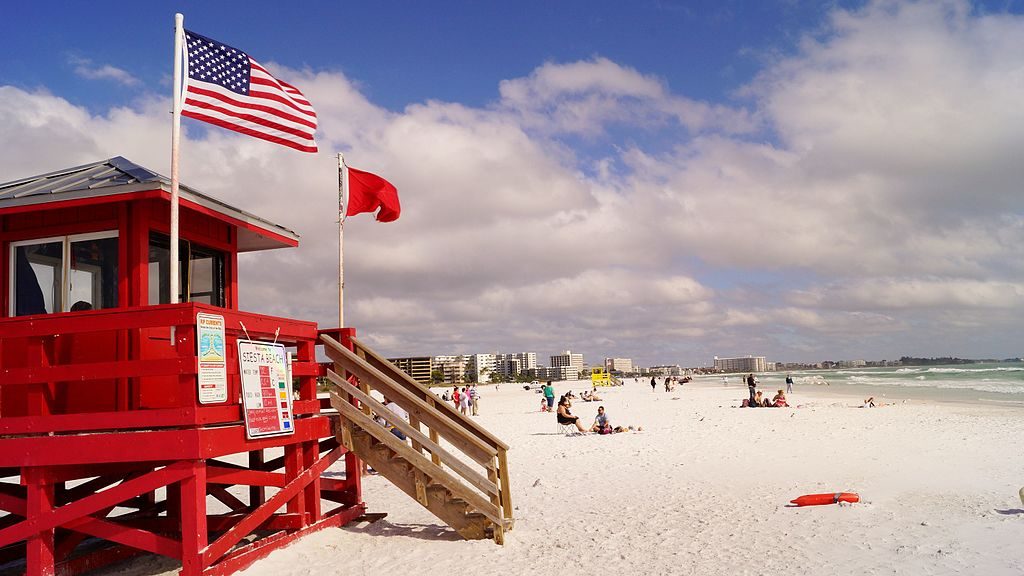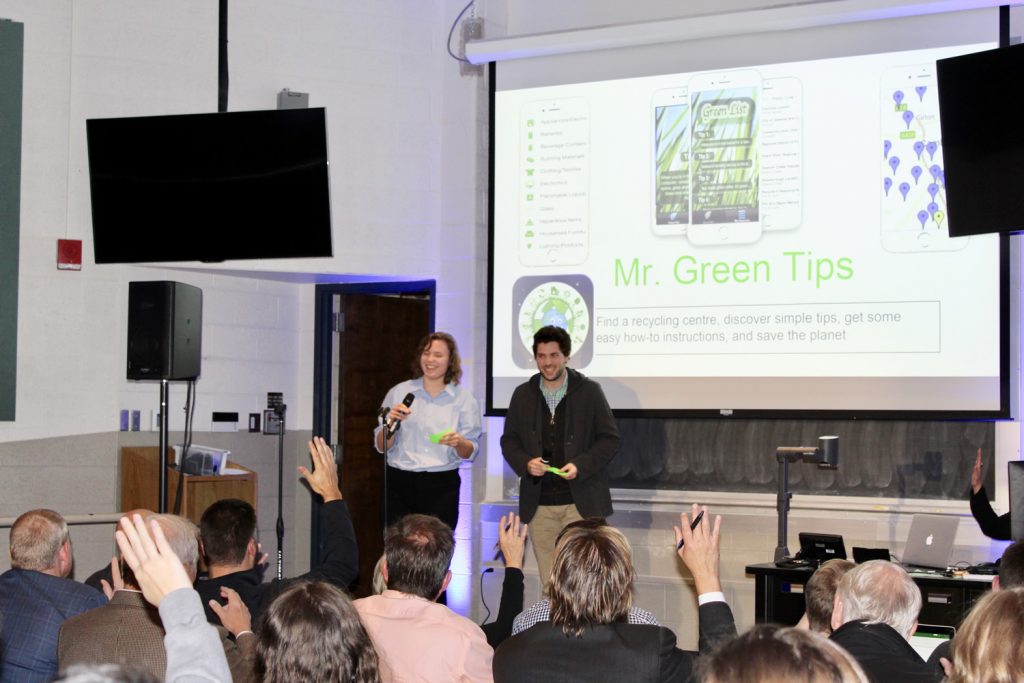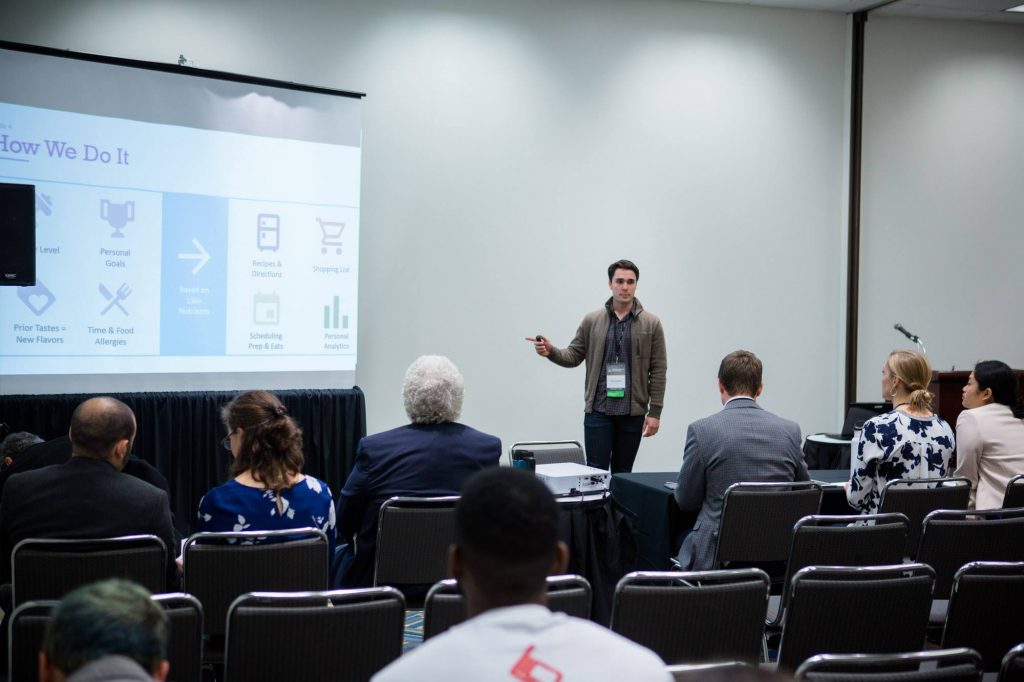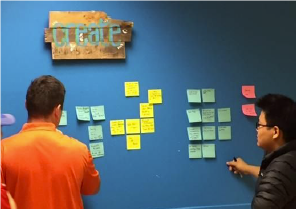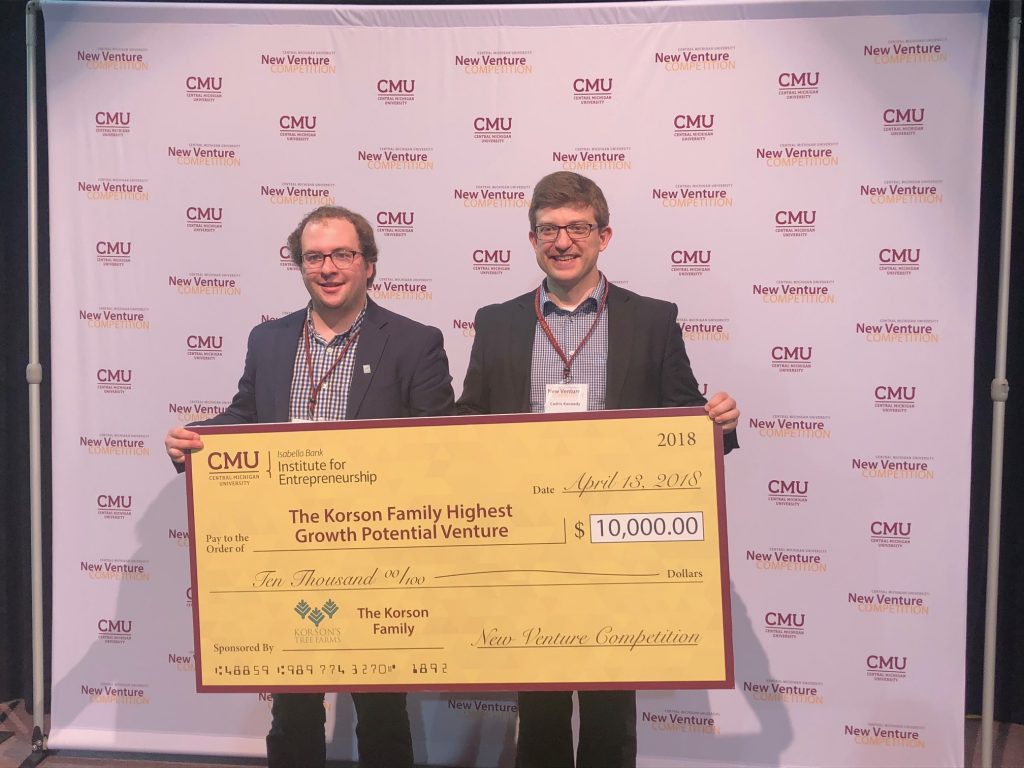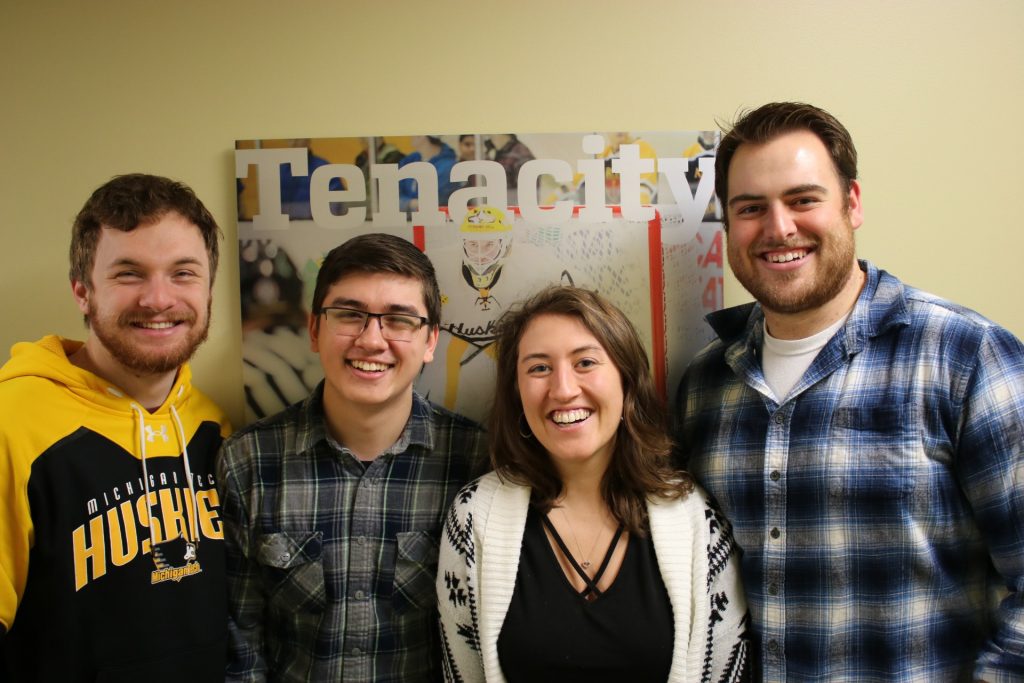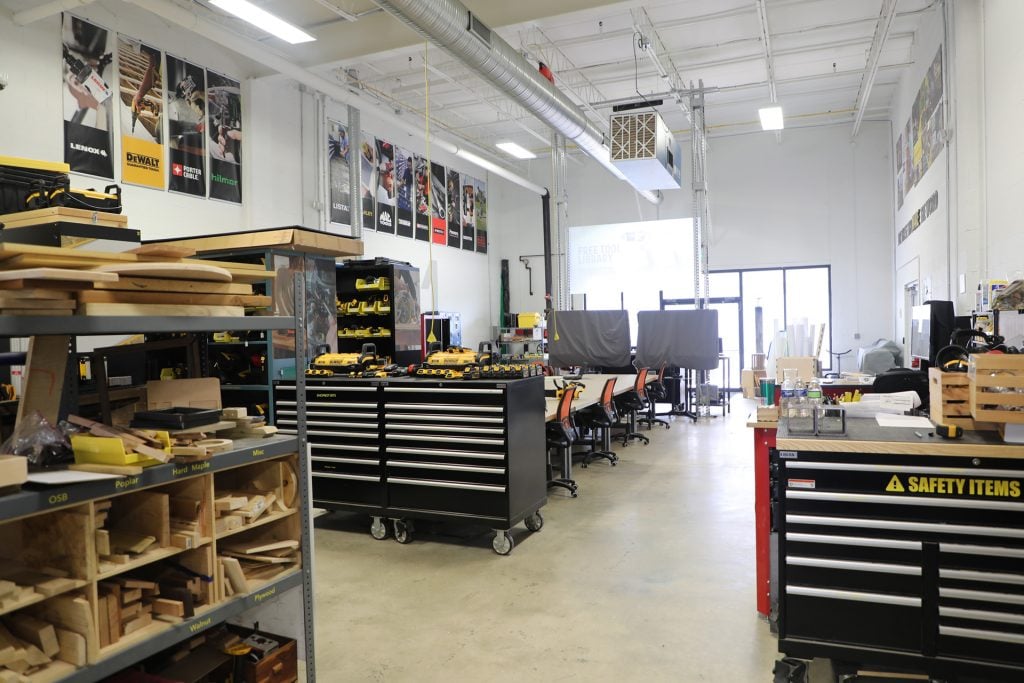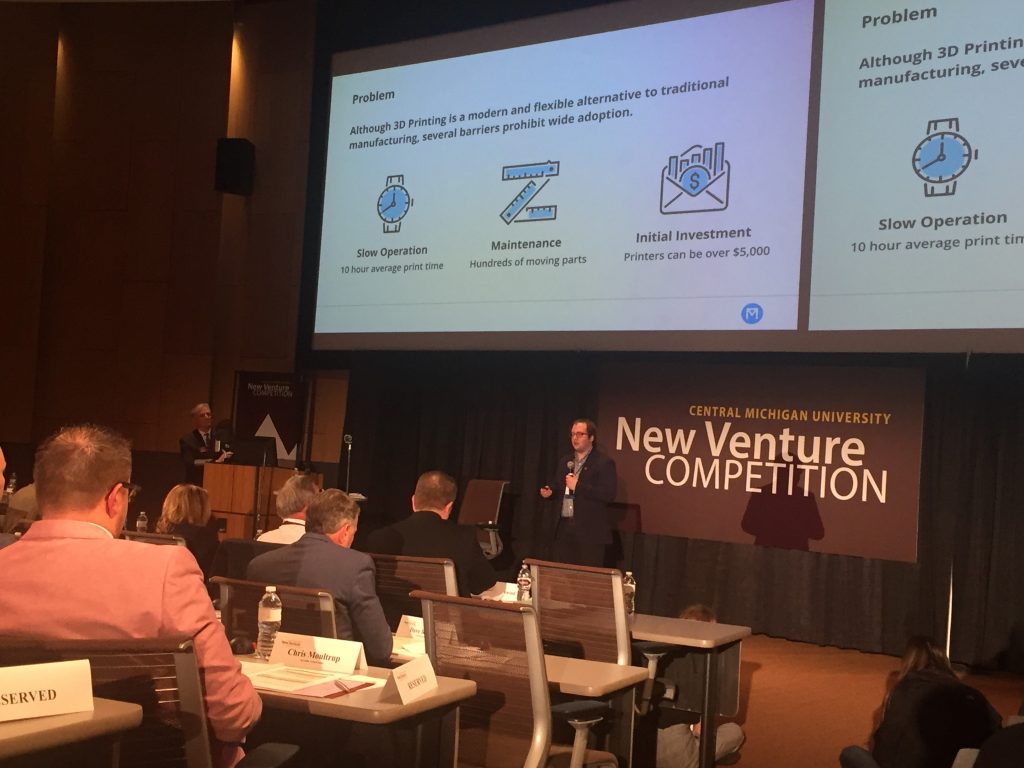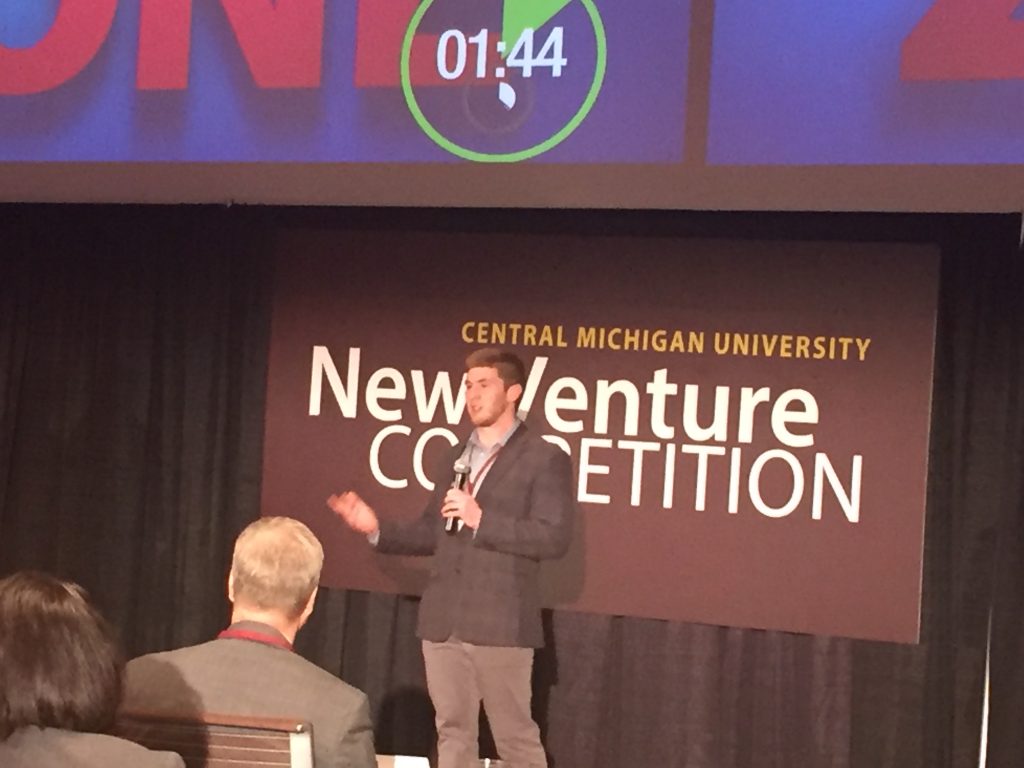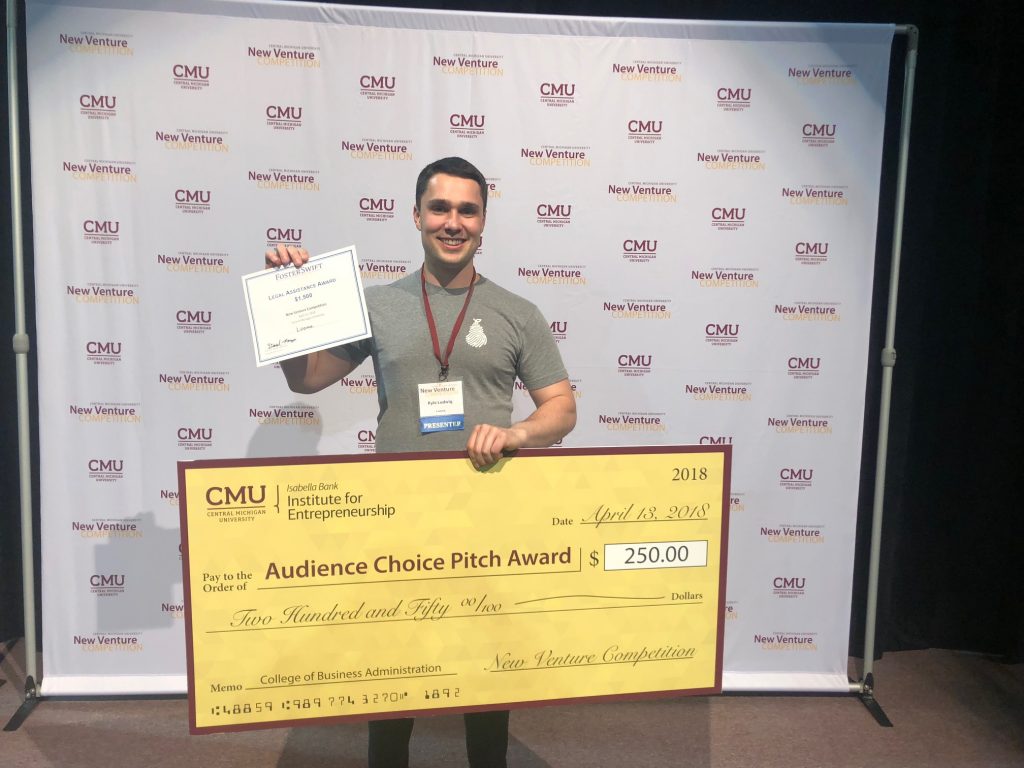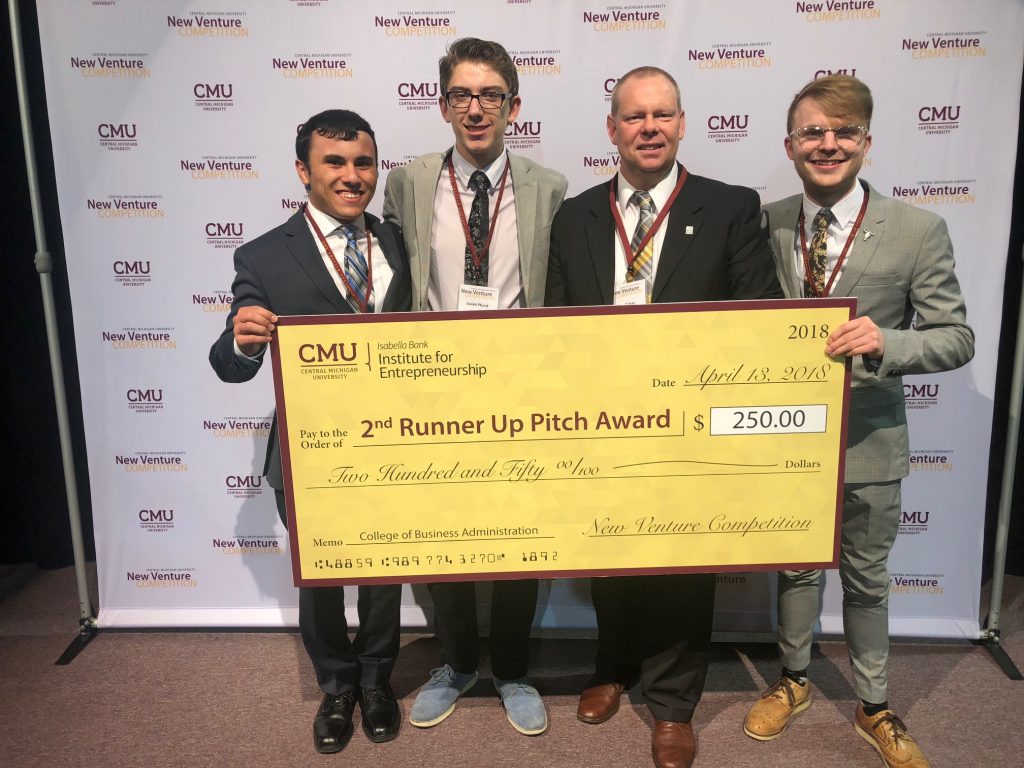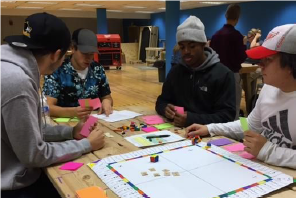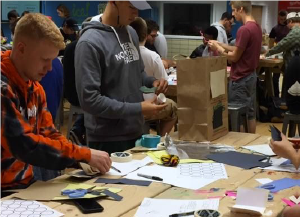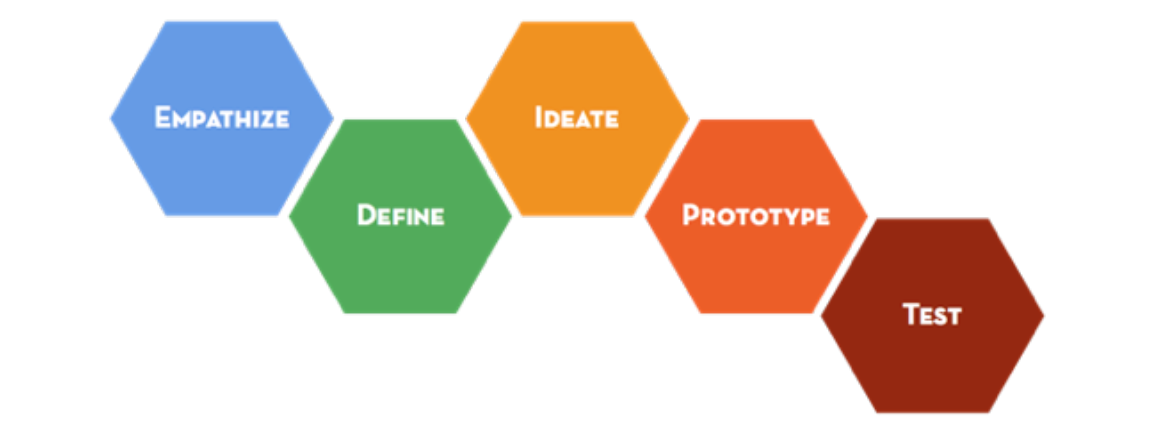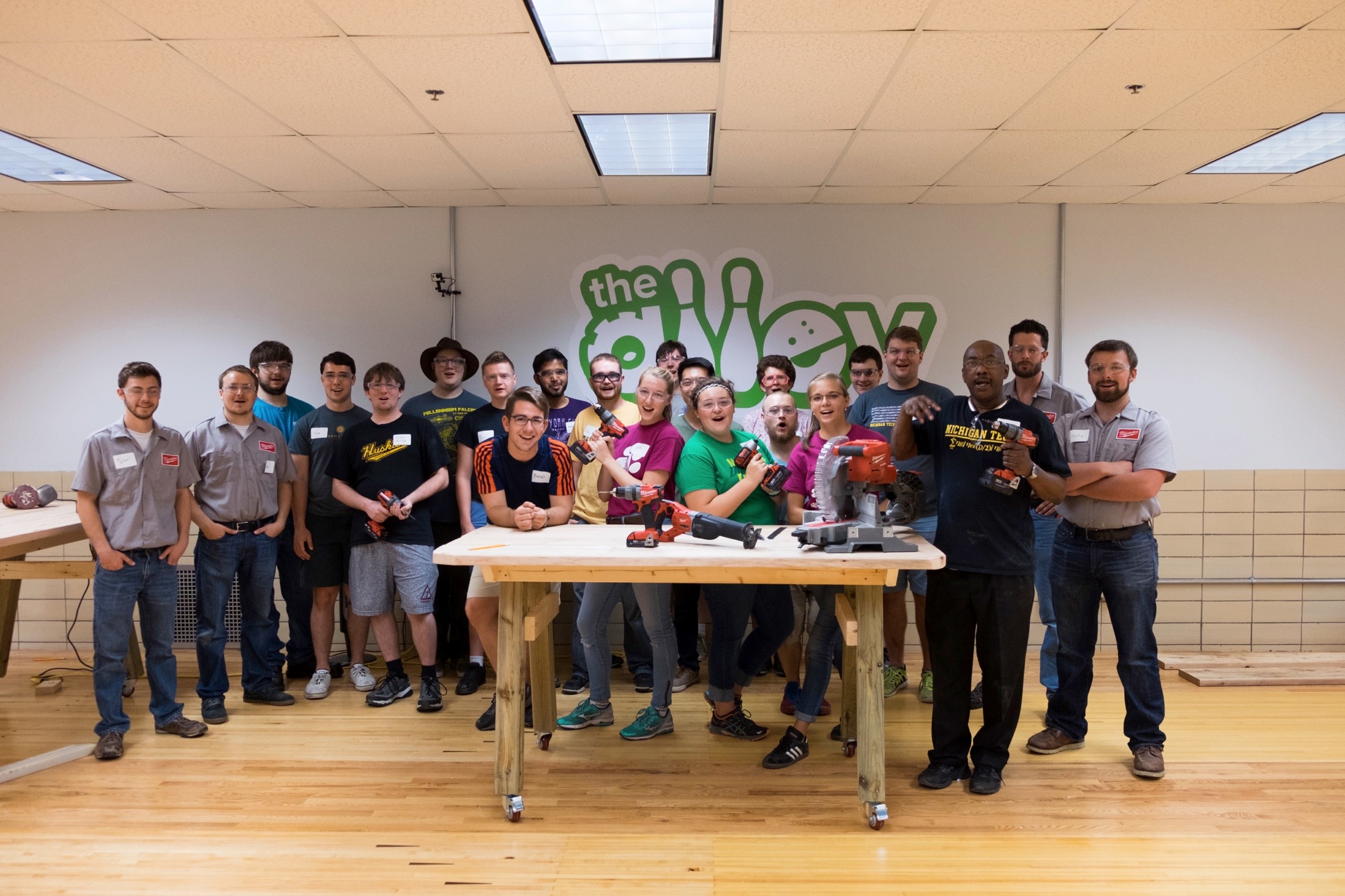Michigan Tech students from Detroit and the surrounding area have a unique summertime opportunity through incubator and accelerator, TechTown Detroit. TechTown, a partner of the Detroit Technology Exchange (DTX), connects entrepreneurs to resources, as well as learning and networking events in Detroit.
DTX Launch Detroit is a ten-week paid entrepreneurship program for college students and recent graduates who want to start their own business with an innovative idea. The program runs from May 21 to August 8.
Students can expand their entrepreneurship tool box, develop their resume, complete the groundwork for launching their own innovative idea, and receive a stipend in the process!
Participants will receive $2,500 upon completing the program (up to $7,500 per team).
The deadline to apply is April 4th. More information about DTX Launch Detroit and how to apply can be found here.

